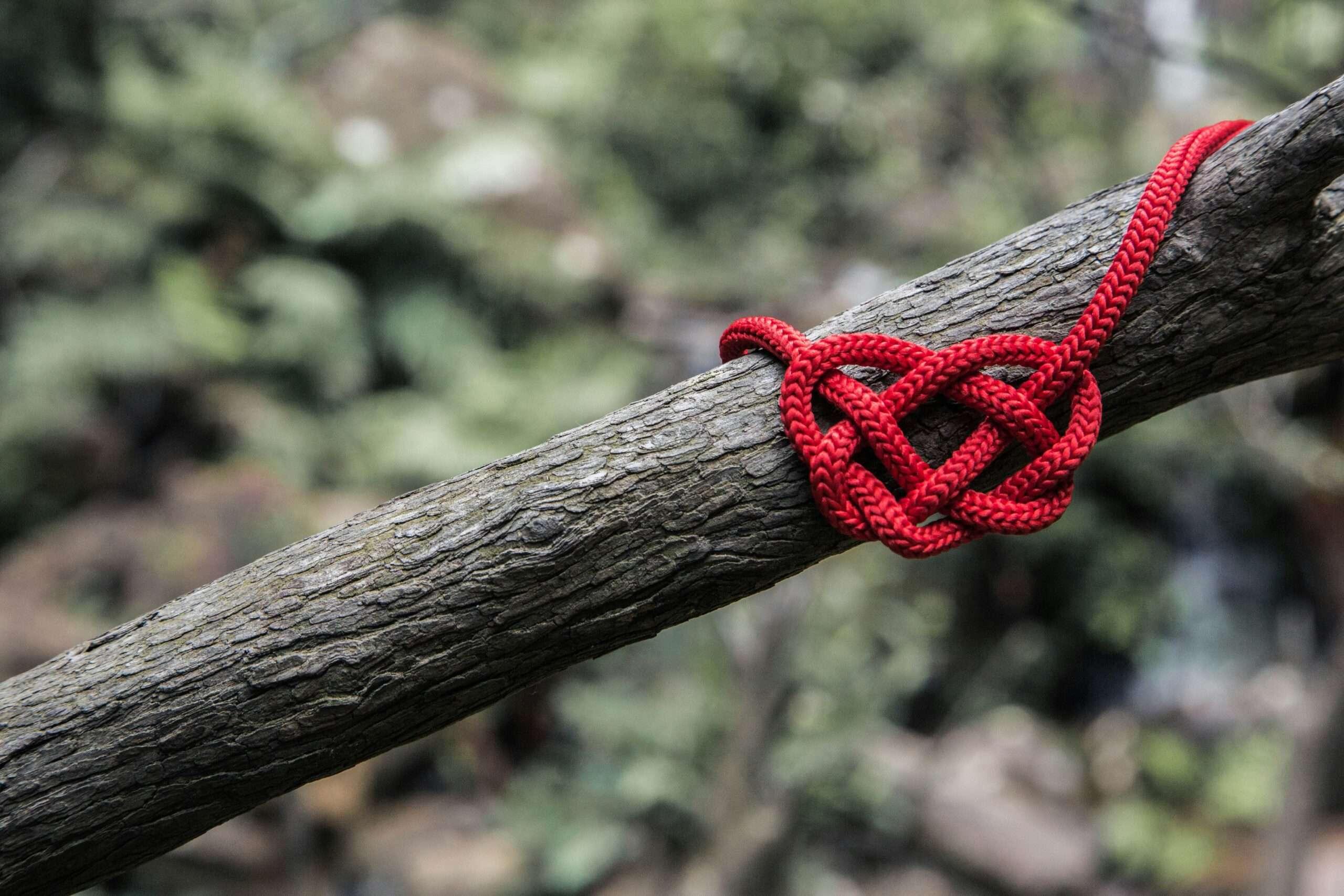9 Signs of Toxic Friendships & How to Deal With Them
Honestly, we all think it’s time you finally stopped holding space for people in your life who clearly don’t deserve you.
Because if there’s one thing I will scream from the rooftops, it’s this:
Your friendship standards better be as high as your dating standards.
And in this post, you’ll realize that being “too nice” or deciding to make friends instead of choose friends will cost you your peace, your goals, and your potential.
So, let’s break it down.
How to Spot a Toxic Friend
In my opinion, there are nine types of toxic friends, so let’s go through it:
1. The Thief
This person wants to steal your entire identity.
Why?
Because they’re that jealous of you.
They say “congratulations” — but deep down, they’re not actually happy for you.
They secretly resent you and wish all your wins were theirs.
This is one of the most dangerous types, because every time something good happens in your life, they send you evil eye energy from right inside your own circle.
2. The Snake
They talk bad about everyone — including you.
You may think, “Oh, they’d never say anything bad about me, we’re so close.”
If they’re constantly gossiping to you, they’re gossiping about you.
Instead of checking in when something goes wrong in your life, they’ll run and tell everyone the details.
They’re more invested in drama than they are in your well-being.
3. The Energy Vampire
Always complaining. Always negative.
Always using you as a personal therapist.
They don’t want solutions — they want attention.
The conversation is always about them.
You leave every hangout feeling drained, exhausted, and depleted.
That’s not friendship — that’s emotional labor.
4. The Puppet Master
They try to control every move you make.
“Why didn’t you tell me?”
“Why are you hanging out with them?”
“You never call anymore.”
They guilt-trip you, criticize you, and make you feel like you’re a bad friend for simply having your own life.
They want to mold you into who they need — not love you as you are.
5. The Leech
They use you.
For your time, your energy, your resources.
They ask for endless favors, never pay you back, always show up late, and never reciprocate the effort.
They apologize — sure — but their actions never change.
You’re left doing all the giving while they just keep taking.
6. The Silent Hater
They see your wins.
They just never acknowledge them.
They’ll never congratulate you.
They’ll never cheer for you.
They’re not jealous enough to be obvious — but their silence is deafening.
They may not want to be you, but they’re too insecure to celebrate you.
And that energy can be just as damaging.
7. The Fraud
The fakest person you’ve ever met.
Flirts with your boyfriend.
Gives you bad advice on purpose.
Spills your secrets.
Steals your ideas.
Leaves you out on purpose — but is so sweet to your face that no one would believe you if you told them.
They put on a performance around everyone else.
But behind the scenes?
They’re rooting for your downfall.
8. The Bad Influence
They push you to make bad decisions and call it “fun.”
Skip the deadline.
Have one more drink.
Ignore your responsibilities.
This person wants you to lose.
They live a low-vibe, chaotic life and they want to drag you down with them.
They think toxic situationships and weekly hangovers are “entertainment.” No thanks.
9. The Clueless
This one’s tough. They’re not evil — they’re just a hot mess.
They’re not trying to hurt you.
They genuinely like you.
But they drain you because their life is always in shambles, and they treat you like a life coach, therapist, and crisis manager all in one.
Their chaos becomes your chaos — and it starts to chip away at your own peace.
Now here’s a little exercise for you:
Evaluate every single friend in your life with these questions:
- How do I feel after our meetups — happy, energized, tired, drained, sad?
- Am I satisfied with the way they show up for me?
- Am I happy with who they are, or would I change them?
- If I raised a boundary, would they have a mature conversation or get defensive and gaslight me?
- Can I name five things I genuinely admire about this person?
- Are we aligned in values, morals, goals, and ambition?
- Do they uplift and inspire me — or try to keep me “realistic” and drag me down?
Then ask yourself:
If I were to design my ideal friend — what would they be like?
Now compare that ideal to the people in your life.
Who actually aligns with that person?
Write down your friendship standards — just like you would for a partner.
And from now on: choose friends who meet those standards.
Promote who deserves it. Fire who doesn’t.
How To Cut Off A Toxic Friend
Letting go of a friend — especially one who’s been in your life for a long time — can feel confusing and painful.
But holding onto someone who constantly hurts you, drains you, or disrespects your boundaries?
That’s not loyalty — it’s self-abandonment.
Here’s how to cut off a toxic friend in a way that’s honest, kind, and most importantly — powerful.
1. Forgive, but don’t forget.
Before you cut someone off, take a moment to forgive — not for them, but for yourself.
Forgiveness doesn’t mean you’re excusing their behavior or pretending it didn’t hurt.
It simply means you’re choosing to release the emotional weight they left behind, so you can move forward without anger or bitterness dragging you down.
But here’s the key: Forgiveness is not a free pass back into your life.
You can forgive someone and still decide they don’t deserve a place in your future.
And you don’t have to forget what they did.
In fact, you shouldn’t.
Remembering the pain they caused helps you recognize red flags faster next time and protects you from repeating the same pattern.
2. Keep it polite and civil.
You don’t need a dramatic fallout.
You don’t even need to argue.
The cleanest way to detach is by being calm, clear, and kind.
Try saying:
“Hey, I just need time for myself. This friendship isn’t working for me right now, and I won’t be hanging out as much anymore.”
This is soft but firm.
You’re not inviting a debate.
You’re closing a door respectfully.
Be direct, but kind.
You don’t owe them your energy, explanations, or a big debate.
And you’re not being rude for choosing peace over chaos — you’re being self-respecting.
3. Set boundaries and conditions.
If this person isn’t completely toxic but has hurt you and you’re open to giving them one last chance, this is your moment to draw a hard line.
You can say:
“This is how you hurt me. Please don’t do it again. If it happens again, this friendship is over.”
This does two things:
- It gives them a chance to reflect and show they care.
- It gives you clarity — if they cross that line again, they never respected you to begin with.
Just make sure to follow through.
A boundary without consequences is just a suggestion.
If they dismiss your feelings or repeat the behaviour, you have your answer: this person values comfort over growth — and that’s not your problem to fix.
4. Have the hard conversation.
If you want closure — real closure — you have to be brave enough to be honest.
That means:
- Don’t sugarcoat the truth to spare their feelings.
- Don’t downplay how they hurt you.
- Don’t stay quiet to avoid tension.
You can say:
“I’ve thought a lot about this, and I’ve realized that this friendship has been hurting me more than helping me. I don’t feel supported, safe, or seen anymore — and I can’t keep showing up for someone who doesn’t value me. I wish you well, but I’m done.”
They may respond defensively.
They may try to flip the narrative.
Stay calm.
You’re not there to argue — you’re there to end a chapter.
Remember: You can’t control how they respond.
You can only control how long you continue tolerating what hurts you.
5. Don’t just cut them off — cut off the access.
It’s one thing to say the friendship is over — it’s another to truly enforce it.
Emotional ties linger when you leave the door cracked open.
After the conversation or final straw, follow through:
- Mute, unfollow, or block them on social media — whatever gives you peace.
- Stop checking their updates or stalking their stories. That’s self-sabotage disguised as curiosity.
- Don’t text “just to check in.” It may feel kind, but it only reopens emotional wounds and keeps you entangled.
Healing begins not when you declare the friendship over — but when you take away the access they once had to your mind, emotions, and time.
6. Mourn the loss — but don’t second-guess it.
Even toxic friendships come with good memories.
You might miss the laughs, the history, or the comfort of their presence — and that’s okay.
But don’t confuse missing someone with needing them back.
Let yourself:
- Journal what the friendship taught you — good and bad.
- Honor the version of you that once tolerated things you now know better than to accept.
- Make space for friends who celebrate you, respect your boundaries, and bring peace, not drama.
You’re not weak for mourning it — you’re healing.
Some people come into your life as teachers, not teammates.
Release them with love — but don’t invite them back.
Cutting off a toxic friend is one of the most self-loving things you’ll ever do.
It’s a declaration that your energy is sacred, your time is valuable, and your standards matter.
Don’t fear being alone — fear being surrounded by the wrong people.
You’re not losing a friend. You’re gaining yourself.






